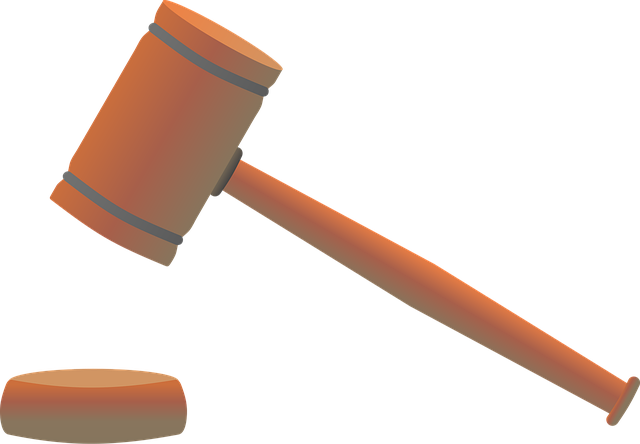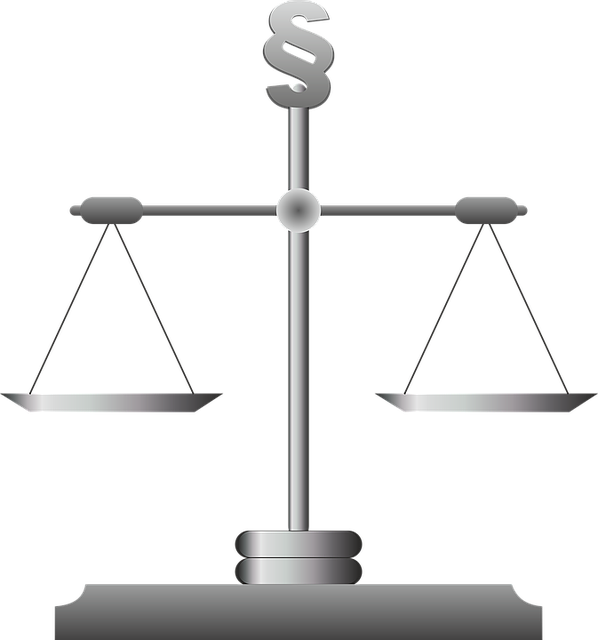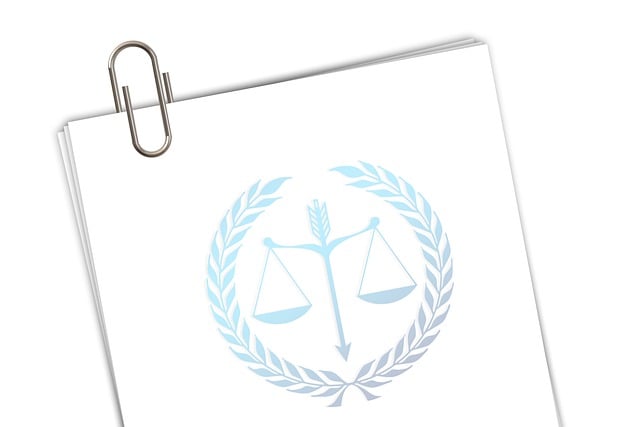Environmental Crime Trials combine advocacy and defense to hold perpetrators accountable for ecocidal acts. Victims of personal injury claims without legal aid face challenges but have rights and resources, including evidence gathering and expert opinions. Complex environmental crimes require meticulous proof of liability, contrasting straightforward personal injury claims. Collaboration between science, law, and policy is vital for navigating labyrinthine laws and achieving justice, deterring future eco-crimes, and emphasizing environmental stewardship. Crafting a compelling compensation argument with detailed ecological harm documentation and expert opinions strengthens cases, bringing justice and accountability. Individuals can successfully pursue personal injury claims without a lawyer with the right resources and legal understanding.
“Environmental Crime Trials: Holding Perpetrators Accountable for Eco-Offenses explores the intricate legal landscape of environmental crimes and their devastating impact on communities. This article delves into the unique challenges faced by victims seeking justice, focusing on personal injury claims without legal aid. We analyze strategies to navigate complexities in proving liability for eco-crimes and present successful case building techniques. Understanding these trials is crucial for empowering individuals affected by environmental degradation to seek compensation and hold polluters accountable.”
- Understanding Environmental Crime Trials: A Legal Perspective
- Personal Injury Claims: Rights of Victims Without Legal Aid
- Navigating Complexities: Proving Liability in Eco-Crimes
- Strategies for Success: Building a Case for Compensation
Understanding Environmental Crime Trials: A Legal Perspective
Environmental Crime Trials represent a unique blend of legal expertise and ecological advocacy. These trials focus on holding individuals and respective businesses accountable for actions that cause harm to the environment, including pollution, deforestation, and habitat destruction. From a legal perspective, they fall under various categories, such as criminal offenses, civil liabilities, and regulatory violations. Understanding these trials involves comprehending the intricate interplay between environmental protection laws and general criminal defense strategies.
For his clients facing environmental charges, navigating these complex cases can seem daunting. However, it’s crucial to recognize that successful outcomes are achievable through skilled legal representation. Experts in this field employ specialized knowledge to construct robust defenses, ensuring justice is served while protecting the rights of all parties involved. Whether it’s a personal injury claim without a lawyer or a larger corporate dispute, the goal remains consistent: to uphold environmental stewardship and deliver equitable resolutions.
Personal Injury Claims: Rights of Victims Without Legal Aid
When it comes to environmental crime trials, victims often face unique challenges when pursuing Personal Injury Claims without legal aid. These high-stakes cases, involving complex scientific and regulatory issues, can be daunting for individuals unschooled in the legal system. Without representation, victims may struggle to navigate the intricate web of regulations and standards that underpin environmental law, especially when white collar and economic crimes are at play.
Despite these hurdles, victims have rights. They can gather evidence, document losses, and connect with experts who can help them understand their case. Philanthropic and political communities have also recognized the importance of supporting these victims, providing resources and advocacy to ensure they receive justice. This proactive approach not only helps individuals recover from their experiences but also sends a strong message that environmental crimes will not be tolerated.
Navigating Complexities: Proving Liability in Eco-Crimes
Navigating the complexities of environmental crime trials requires a meticulous approach to prove liability. Unlike traditional personal injury claims without a lawyer, where damages and responsibility are more straightforward, eco-crimes often involve intricate scientific evidence and long-term environmental impacts that may not immediately manifest. Proving intent and establishing causal connections between actions and their ecological consequences can be challenging, requiring extensive research, expert testimony, and a deep understanding of regulatory frameworks.
The involvement of philanthropic and political communities plays a crucial role in achieving extraordinary results in these trials. By fostering collaboration between scientists, lawyers, and policymakers, it becomes possible to navigate the labyrinthine aspects of environmental law and present compelling cases that demand attention. This collective effort not only ensures justice for victims but also sends a strong message to potential offenders, deterring future eco-crimes and underscoring the importance of environmental stewardship in our general criminal defense strategies.
Strategies for Success: Building a Case for Compensation
When navigating environmental crime trials, a key strategy for success lies in building a compelling case for compensation. This involves meticulous documentation of the harm caused by the environmental infraction, gathering expert testimony to validate the impact, and quantifying the losses incurred. While some may hesitate to pursue a personal injury claim without a lawyer, it’s remarkable what can be achieved with the right resources and legal understanding.
The process requires engaging both the philanthropic and political communities to gain support for the case. By presenting concrete evidence of environmental degradation and its subsequent impact on health, property values, or local ecosystems, individuals and communities can make a strong argument for compensation. This approach not only seeks justice for those directly affected but also achieves extraordinary results in holding corporate and individual clients accountable for their actions, fostering a culture of environmental responsibility.
Environmental crime trials play a crucial role in holding perpetrators accountable and ensuring justice for victims. By understanding the legal framework, navigating complexities of proof, and employing effective strategies, individuals affected by eco-crimes can seek compensation through personal injury claims, even without legal aid. This process empowers folks to demand responsibility and hold polluters accountable, ultimately fostering a healthier environment for future generations.






